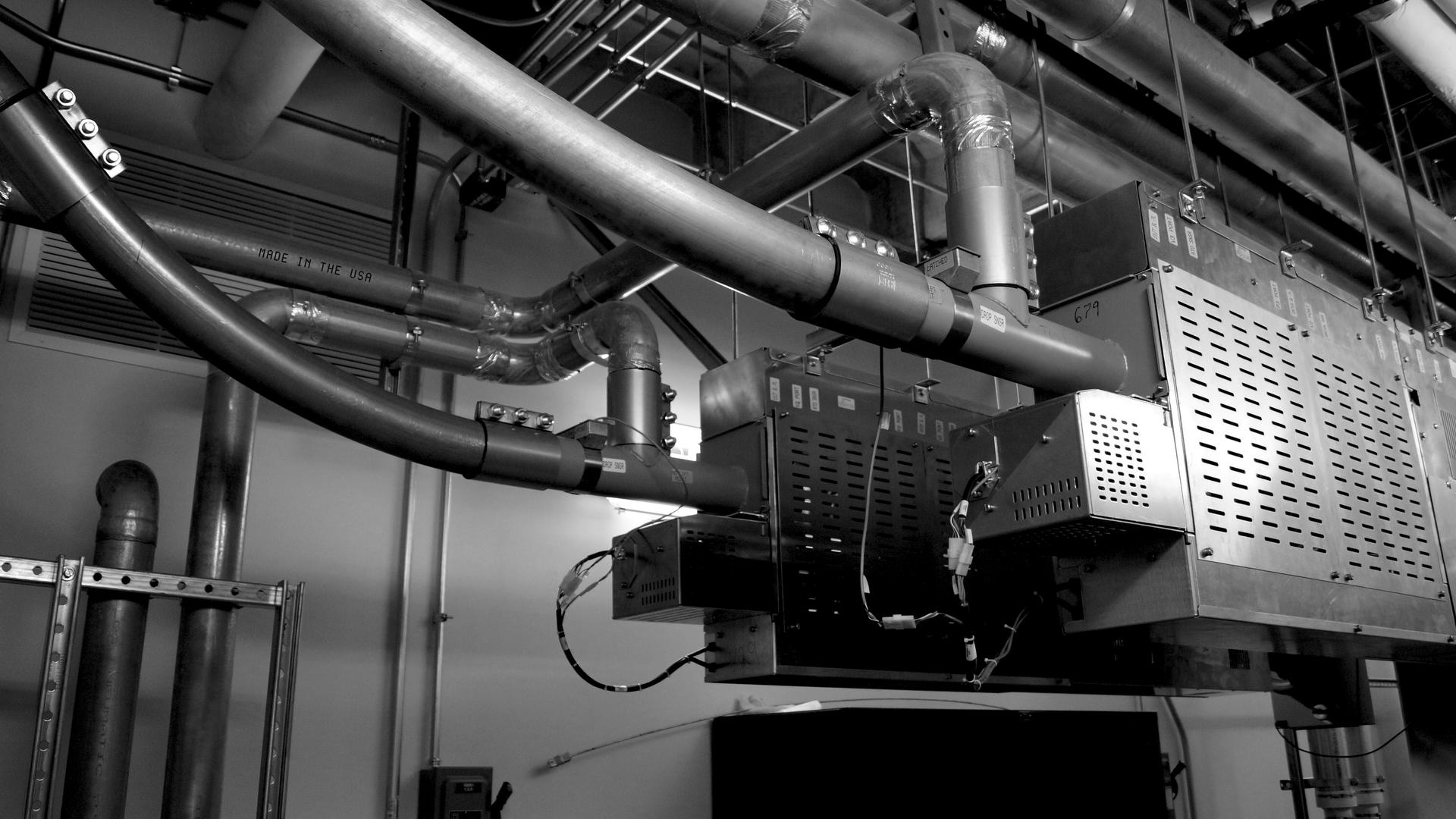You might also be interested in this


New AI Tech Is Expediting Tube System Service
Reading Time: 3 min.
12/7/2023
Dave Hartley
Artificial Intelligence (AI) has swept the country, increasingly being applied to a wide range of hospital technologies and applications. Among the benefits of AI in healthcare are providing a deeper knowledge base, faster access to key information, and achieving greater efficiency.
Simply described, AI is a field that combines computer science and robust datasets to enable the process of problem-solving. It also involves sub-fields of machine learning along with deep learning. The AI algorithms seek to create expert systems that can make predictions or create classifications based on input data (IBM, 2023).
While much of AI has yet to be deployed, one area where it is making a dramatic impact is in hospital field service. Whether it involves installing a new piece of technology, such as an HVAC or pneumatic tube system, or trouble shooting an existing issue, AI in field service is helping technicians to work smarter and faster. It is instrumental in helping to reduce downtime and keep hospital systems up and running.
Dave Hartley, VP of operations for Translogic, has personally observed the benefits of using AI in field service. Having deployed the Neuron 7 AI-Generated Resolution Intelligence platform for the Translogic service technician team, there have been significant improvements experienced by the team and by the hospitals they serve. The team consists of over 100 field service technicians, servicing 2,500 hospitals nationwide. While there are advantages on many levels Dave points to the efficiency gained by younger technicians who no longer have to make calls to more experienced techs to solve issues.
Prior to the use of AI hospital field service technicians used more traditional methods to solve issues, including the following:

One of the greatest benefits of AI in hospitals is the ability to build actionable information out of notes that are entered into a database. AI integrates and organizes the data in a way that builds upon the entered content of each service call. It is this knowledge-building capability of AI that is turning databases into repositories of easily accessed, valuable information. This turns even the most inexperienced technician into a pro, regardless of time spent on the job.
While AI is clearly a major benefit for the service technicians using it, even more important are the benefits to the hospitals they serve. Here are some of the benefits of AI enabled field service technicians noted by users of pneumatic tube systems:
It is a question worth asking. Because everything from saving time, money, and providing continued service to patients can be positively impacted when your hospital field service technicians have the level of intelligence at their fingertips that AI provides.
They’ll serve your needs faster and more efficiently and they’ll add more value to each service visit. That is why our Translogic hospital field service technicians use AI. Yours should too.
As Dave explains, “It’s all related. If we can fix a tube issue quickly, that saves a nurse’s time walking down the hall with materials that can now be transported through the pneumatic tube system. It saves the technician’s time, the nurse’s time and all that equates to better patient care,” he says. “AI puts the ‘service’ back in customer service.”

Contact our knowledgeable specialists to discover how our range of automation solutions can boost efficiency, reduce costs and enhance care at your healthcare facility.
Contact us